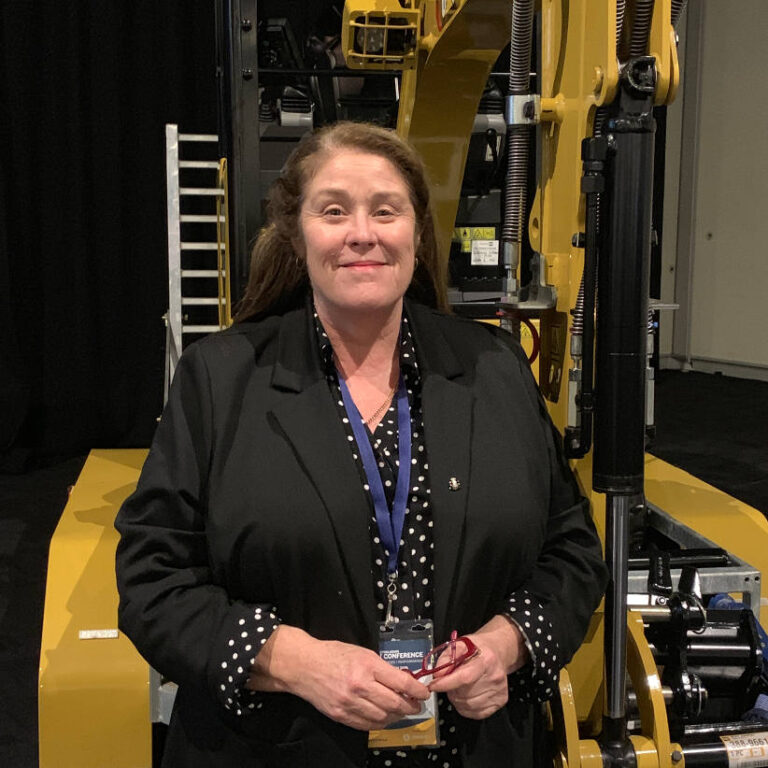Caroline Falls talks with Margaret Diebert for our Women in Fleet interview series. Diebert, manager of operational facilities at Liverpool City Council, NSW, was among the few women attending a fleet conference in Brisbane last March. The event was organised by the Institute of Public Works Engineering Australasia.
FAN: Can you give us a brief idea of your role?
MD: I gained this role in October, 2017. The role involves managing a workshop which has five mechanics who service and maintain approximately 350 tools of trade and leading a team of 20 tradesman who look after the built assets of Liverpool Council. The equipment ranges from ride-on mowers to waste trucks. I also have an officer that works on approximately 300 passenger vehicles which we have through a fleet leasing company.
FAN: How did you get into fleet management? What path got you there?
MD: I spent a good proportion of my career in hospitality, as a catering manager. I developed an interest in waste and waste management in that commercial environment. About eight years ago I saw a council advertise for a waste manager. I applied for it, I brought to that council skills they were specifically looking for — people management combined with business acumen.
I have a number of degrees, one is a master of business. There were 140 garbos and street cleaners — all men that had never had a woman manage them. I was quite an oddity in a depot environment. I evolved in that particular role to running facilities, and I gained a very good understanding of heavy plant. I saw the implications on council’s business — essentially rates and rubbish — of not having the equipment available, and the impact on my role and my team. Then about a year and a half ago I moved into this facilities role at Liverpool Council and with that came the workshop and fleet management.
FAN: What’s attractive about the industry for you?
MD: It’s diverse. It’s interesting. It’s ever changing and there are so many opportunities for innovation, and to improve service delivery.
FAN: Do you think there’s any unconscious bias affecting women in the industry?
MD: No, I think it’s a legacy issue. The legacy is that traditionally fleet managers were engineers or mechanics, and historically there weren’t a lot of women in that sector. But the role is much more complex and diverse today. The days where being a good mechanic meant you would be a good fleet manager are gone. Being under pressure with expectations to perform on tools is quite different to being under pressure and expected to perform when you have to write a council report or you have to investigate an accident.
FAN: What’s your favourite part of the job?
MD: Dealing with people. I like working with the mechanics and the trades. I like identifying somebody that shows an ambition. I like being able to say to somebody: “I want you to do a presentation; we need someone to present to a particular stakeholder group, you’re the mechanic, you’re the area expert why don’t you step up and tell these people why they need to do the pre-start checklist? I’ll talk to them about the legislation but you are the mechanic.”







